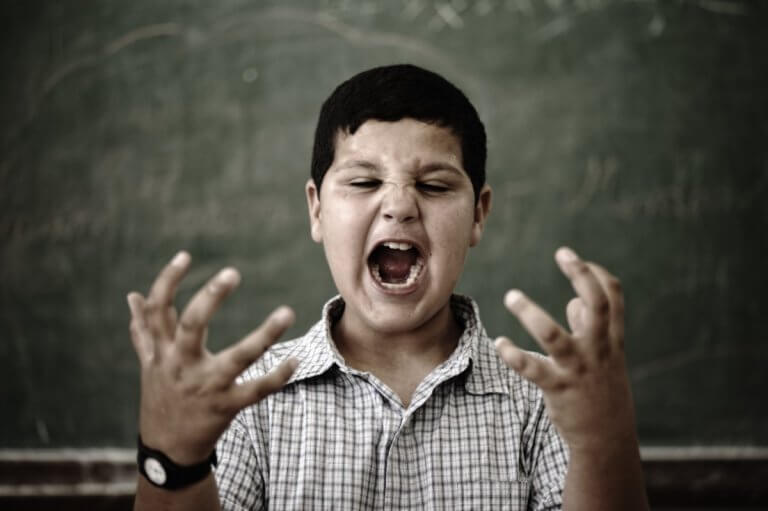
Suspending students who misbehave does more harm than good, new research has found.
While schools intend for the suspensions to act as a deterrent to others and to maintain safety on school grounds, it is likely to have an opposite effect, according to a survey of 30 children from southeast Michigan who had been suspended from school.
Writing for The Conversation, researcher and Illinois State University assistant professor Charles Bell said: “That’s because students use school suspensions strategically to earn respect and build a reputation for being tough.”
For the interview, Bell looked into the disciplinary records of 30 black students and 30 parents. In interviews, students told Bell they would not stop fighting in future despite the suspension. Instead, a 10th grader with 30 suspensions under her belt told him the suspensions made her seem “more tough and popular”.
“Because they’d be like ‘well we can be friends because I know you have my back no matter what,’” the girl explained. “If they don’t think you’re tough enough they will bully you.”
— Aaron J. Griffen Ph.D. (@DrAaronJGriffen) January 30, 2019
The disciplinary action could drive them to fight more too, as stated by another ninth grader who had been suspended.
“So if you push my buttons or press me the wrong way, I will end up fighting you and I told my mom this, and she said if you fight…OK … just let me know,” the student said.
The research comes amid reports of unsustainable suspension and expulsion rates across US schools. Even preschools are facing this problem. A 2016 study found that at least 250 preschoolers were suspended or expelled every day in the US. In one academic year, an estimated 50,000 preschoolers were suspended at least once and another 17,000 or so are estimated to have been expelled.
Approximately 2.7 million children were suspended during the 2015/16 school year, according to the most recent US Department of Education Office of Civil Rights report.
Among black students, the rate for suspension and expulsion is three times higher than that of white students, according to data from the US Department of Education’s Office for Civil Rights. Students with disabilities were twice as likely to receive an out-of-school suspension than those without. Two in five LGBTQ students have also faced some form of discipline, according to more recent reports.
And while international schools do tend to be better-funded, have progressive pedagogy and a dynamic, well-educated faculty, rules are still broken, with administrators imposing similar disciplinary measures.
With far-reaching effects that include dropping out from high school later on, a negative impact on academic achievement and even incarceration, educators are urgently looking for better ways to improve behaviour instead of suspending and expulsion.
For example, the worrying figures quoted above have prompted states like California to introduce novel initiatives to curb these rates. Former California Governor Jerry Brown signed legislation last year to prohibit state-funded preschools from expelling students unless all other alternatives have been taken to help the children or family.
Mental health experts have also been deployed across preschools as part of this effort, supporting overwhelmed teachers and getting them to understand the needs of students rather than getting frustrated, feeling isolated or losing patience.
Bell also suggested that schools should consider working with violence prevention organisations such as Cure Violence and CeaseFire, which can intervene at the root cause of a pupil’s violent behaviour before it happens.
For international schools, Ron Fast, a guidance counselor at International School Manila, Philippines wrote for TIE recommending a model of restitution, which supports the pupil while they “fix” what was done wrong. This helps them understand their behaviour, the risks they posed and the feelings of others that have been affected.
Liked this? Then you’ll love…
Students are battling anxiety, but here’s how schools are tackling the problem
‘Moonlight’ schooled Hollywood on race. Can it take on school discipline, too?







